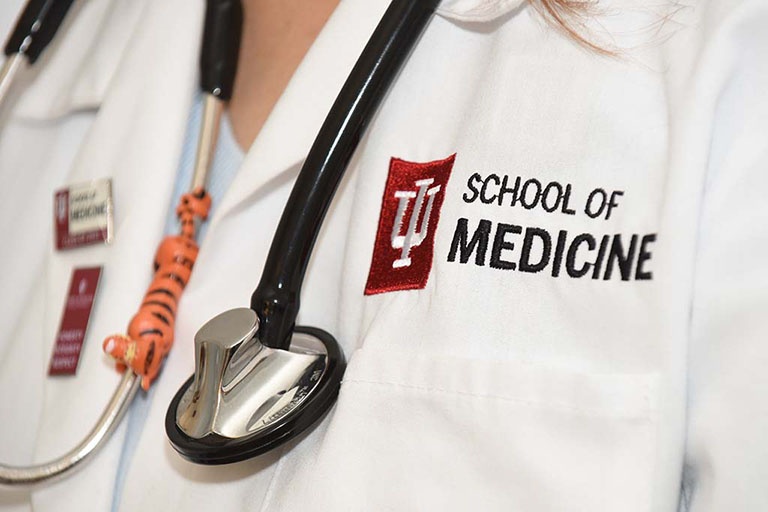How the CUPID program works
The program runs for nine weeks. Students complete a longitudinal research project in an oncology basic science laboratory and participate in structured shadowing with medical, surgical and radiation oncology to gain clinical experience in the core specialties of cancer care.
There are daily lunchtime lectures delivered in collaboration with Johns Hopkins and Ohio State University (lunch provided). Presentations are delivered by world renowned experts from all three institutions covering the basic science and epidemiology of cancer, management of specific cancers, and oncologic healthcare disparities.
In addition, “Careers in Oncology” lectures throughout the summer offer insights into the daily life of different oncology specialties, and the path to practice from medical student to faculty. At the conclusion of the summer, students present their research at a formal cancer-center wide seminar.
As part of the CUPID program, students travel to Washington, DC to participate in a cancer advocacy program hosted by the National Coalition for Cancer Survivorship (NCCS). Students will learn about advocacy, hear from cancer survivors about the unique challenges faced in survivorship, and will meet with their elected officials to advocate for legislation that address cancer survivorship.





